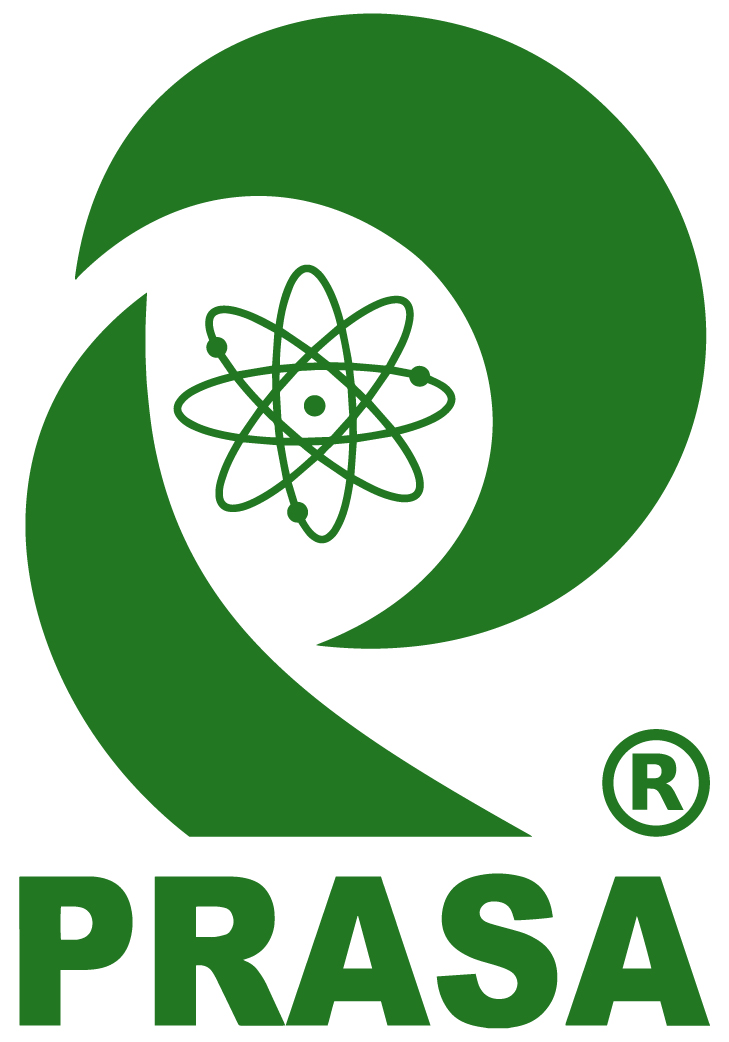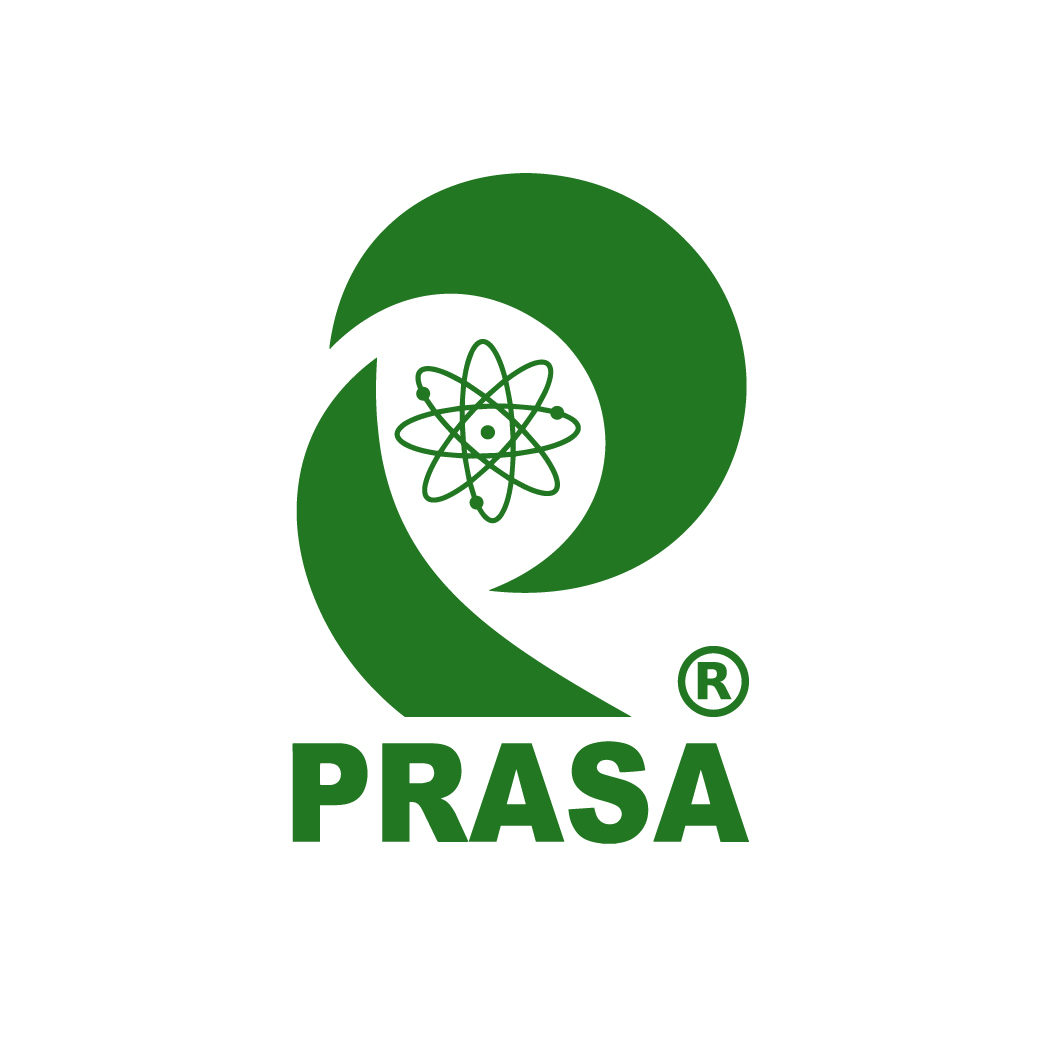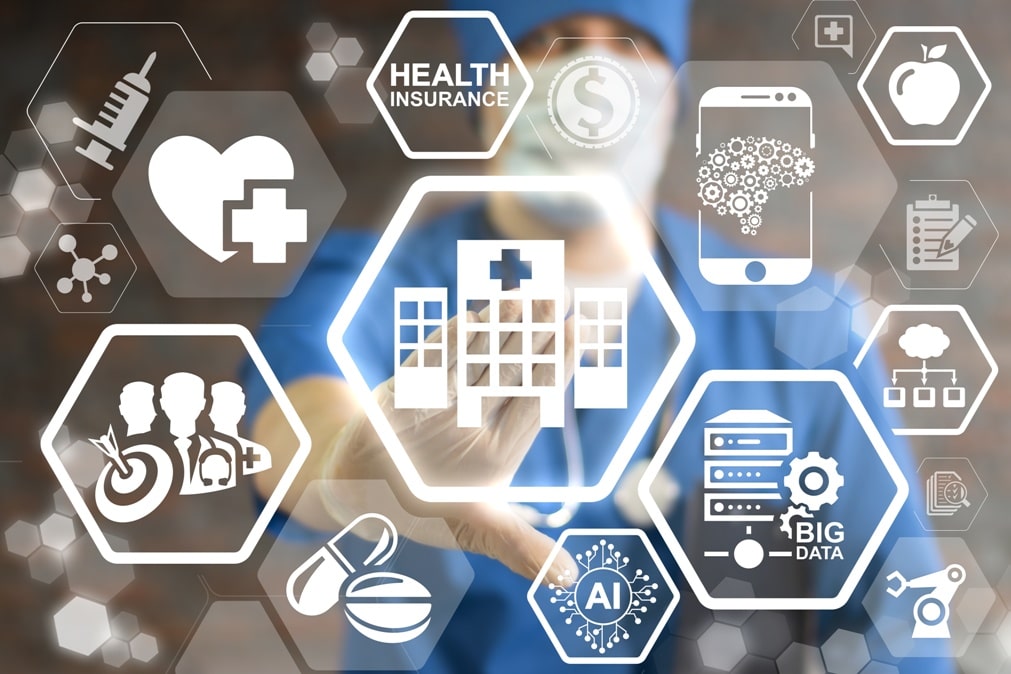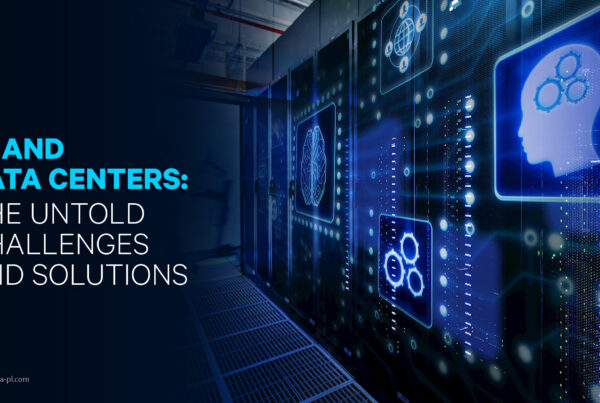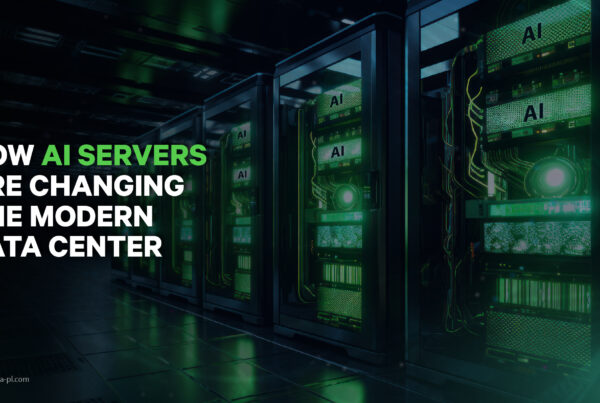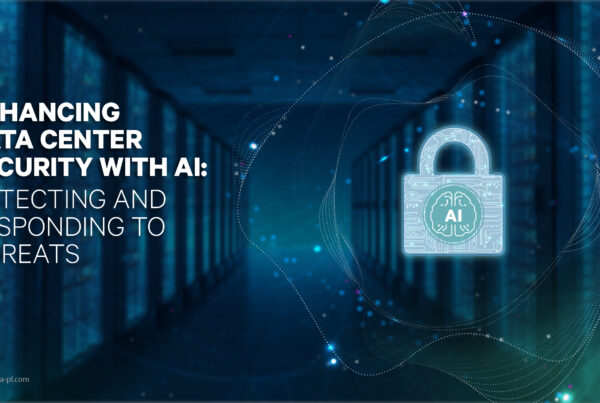Prasa Infocom blog is starting a series of posts examining the role of edge data centers in different industry verticals. We will cover how the edge will handle the growing demand from various sectors. Today we start with Healthcare.
Healthcare industry is under constant transformation, with hospitals equipping themselves to take better and faster care of their patients. The changing demographics and modern technology are driving the healthcare industry upwards, which is expected to spend nearly $2.7 trillion per year on IT infrastructure, including data centers, by 2020.
Healthcare sector is implementing the technologies in line with the digital transformation, changing the way how patients and providers interact, making care effective, convenient and rapid.
A new digital transformation – Internet of Things (IoT), has trickled its way into the healthcare sector, along with other major industries like manufacturing, education, and banking. IoT unfolds into healthcare in the form of various devices like patient monitoring devices, video capture technology, RFID chips and readers, patient drug delivery and scheduling systems, etc. IoT for healthcare performs various functions like monitoring with wearables, home scales, healthcare apps, telehealth tools, heart rate monitoring, blood sugar monitoring, and more. Also, some softwares are available that create a diary of patients vitals (physical vibrations, body stability, heart rate, etc.) to make a treatment plan for the patient.
Traditionally the hospitals have had only application-specific equipment, which limits the mobility and monitoring for the patient. This infrastructure can also not follow the patient after discharge. Edge computing along with the next-gen Internet of Medical Things (IoMT) allows a proper transition between hospital and home for the patient and the healthcare provider.
Like the rest of the world, the data produced in the healthcare sector is also getting bigger as the devices are getting smaller, thus, increasing the need for processing and storage. This data needs to be handled securely and proficiently as it is sensitive and urgent. But the technology can be only as effective as the quality and speed of the network it is dependent on.
For a huge healthcare institute, the number of connected devices will be high and most of them will be networked, and thus the patient-generated health data from these devices will be huge and will create a strain on the network, thus eliminating the cloud option. So obviously we are going to need more data centers, but not the traditional ones. It is not feasible for this on-location data created by health care institutes to be sent and processed at a central data center. This is where Edge networking comes in, producing better response timings and managing all this data by tracking anomalies and recording unusual differences.
There are a variety of advanced devices that are available to collect and capture all the information and call for an equally secure and efficient technology to store, process and access this data.
Edge data centers manage and process this data near the generation point, eliminating any latency, and enhancing efficiency. The edge does not call for a massive data center, but multiple small data centers that offer a distributed approach to data processing. It can very well be something small like a containerized data center to bring healthcare and data applications closer to the patients and providers.
Containerized Data Centers are an apt fit for the healthcare industry, by being a place where data security is pivotal and meeting the urgency for handling critical data. Containerized data centers will keep the data at the hospital premises for immediate use, without having to depend on a network, also unlike traditional data centers they need very little to no space, and consume very less power, making them very environment-friendly. They are also very quick and easy to deploy.
If you want to know more about how a data center is a mission-critical infrastructure in meeting the rising edge requirements of the healthcare sector, or how having your own data center will facilitate the functioning of your healthcare institute you can contact our experts at Prasa Infocom & Power Solutions Pvt. Ltd. We have been associated with the big names in healthcare for some time now.
Stay tuned for the next post in this segment that will cover the role of Edge Computing in ‘Manufacturing & Industrials’
References
https://datacenterfrontier.com/why-data-centers-are-important-for-the-health-care-industry/
